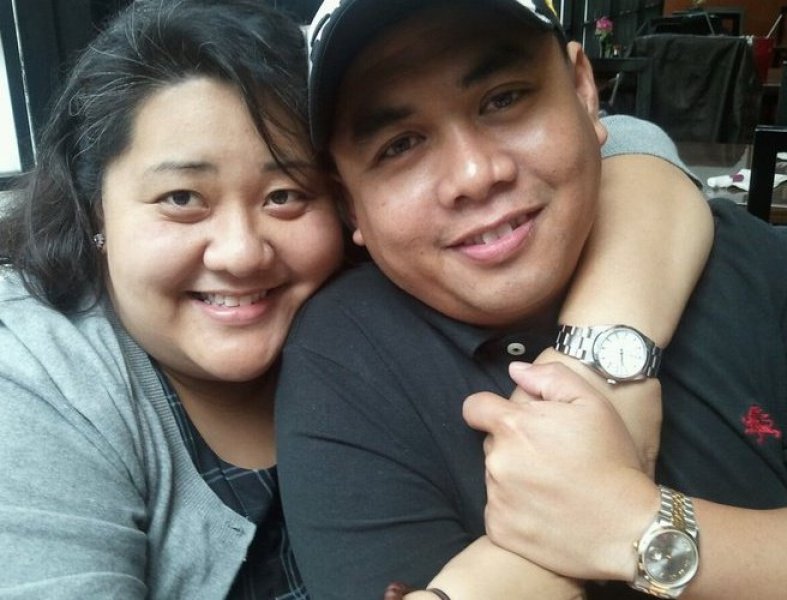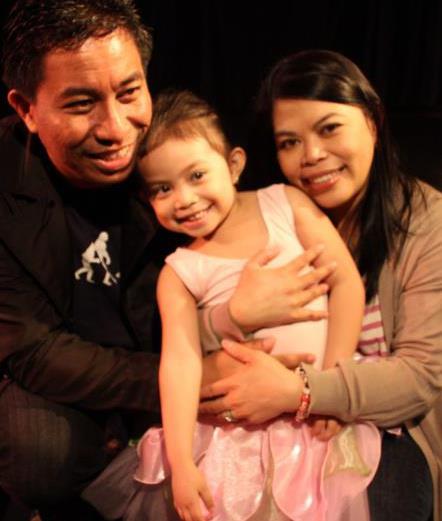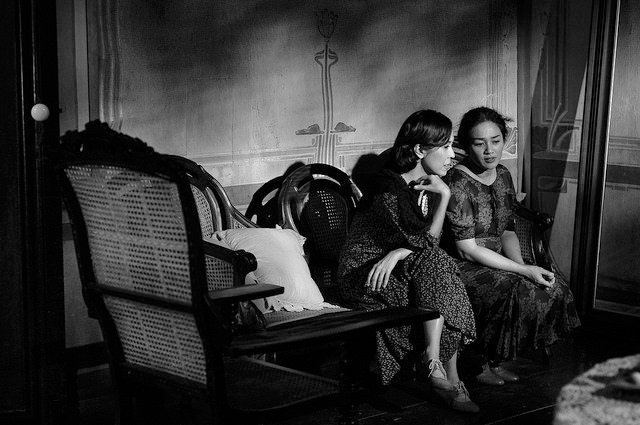INVESTIGATIVE REPORTING PROJECT: When the bullies are doctors and senior nurses: How FilAm nurses cope (Part 1)
The doctor was performing a delicate surgery when the scrub nurse handed him the wrong instrument. The surgeon was furious and out of irritation pushed the petite Filipino nurse until she fell from her riser. She was new to the hospital.
In another incident, a senior nurse in a Manhattan hospital berated a younger nurse, calling her “useless.” Both nurses are Filipino.
The doctor and senior nurse in both anecdotal accounts would be considered liable for “verbal abuse,” a situation that contributes to “unfavorable” working conditions in hospitals. According to a 2013 study by Prof. Carol Brewer of the School of Nursing at University at Buffalo in New York, such conditions can endanger the safety of patients.
Brewer surveyed 1,328 registered nurses (RN) and found that they experienced “high level” (more than five times over a period of three months) and “moderate level” (one to five times over the same period) of abuse. What the study also uncovered is that the abuse is usually directed at new nurses.
Rank Nur, an RN from a hospital in Queens, said “bullying” by doctors is an issue commonly experienced by foreign-born nurses. It is a gripe among first-generation Filipino immigrant nurses.
“This is the generation where the nurse is so obedient and is afraid to speak up, especially when confronted by a person of authority,” said Nur when interviewed by The FilAm. “She would rather suffer in silence even though she is angry and trembling in fear.”
Sometimes, according to long-time RN Menchu de Luna Sanchez, the abuse comes from fellow nurses especially those in senior positions. Incidents of senior Filipino nurses bullying younger Filipino nurses are not uncommon.
“It happens. Pilipino kapwa Pilipino,” said Sanchez, who was honored at the White House as the one of the Superstorm Sandy heroes. “We would hear young nurses say, ‘Why are they so mean to us?’”
Sanchez said she may have experienced a form of bullying when she was new nurse, but she wasn’t sure because while they did not scream at her, they made her feel unwelcome. In the hospital where she worked, the senior nurses would not acknowledge her except to give her orders.
“They didn’t even smile at me,” she said.
Whenever she received praise from patients, the veteran nurses would give a shrug of indifference. Instead of commending her for her work, they gave her the cold treatment.
“It’s not a nice atmosphere where you don’t want to come to work for fear of not being accepted. That’s why many young nurses just quit,” she said.
Some veteran nurses take their seniority way too seriously, while others use meanness as a ‘rite of passage’ to test which newbie nurse will endure.
Sanchez has heard of comments, such as “I wouldn’t be where I am today if not for hard work. It’s a tough place and only the fittest survive.”
Sally Nunez, CEO of RN Express Staffing Registry in Manhattan, shared her own experience with “nurse-to-nurse” bullying. She was then a young “floater,” a nurse who has no permanent assignment when she became the object of bullying by a senior nurse from a Caribbean country.
“I reported to her unit and asked where I could find the tubes and other supplies,” said Nunez, who looked back at her early years with hilarity. “Where it’s always been,” the charge nurse replied. Nunez had to ask again because such supplies were located in different parts of a station depending on the hospital setup. Instead of being helped, she was given a dressing-down. Nunez remembered ending her shift and crying as she walked home to her apartment.
“The senior nurses, some of them act like gods,” she noted, an observation echoed by Sanchez.
Years later, the tables turned and there was a change in management. By this time, Nunez had a permanent station. The charge nurse who used to boss her around was shuffled and assigned to her floor.
“I did not do to her what she did to me, but in my mind I was so happy to hear her speak politely and humbly to all of us,” she recalled.
Nunez does not recall a run-in with any doctor, but with her long experience as an RN, she has witnessed doctors cover up for one another. A nurse with a complaint against a doctor is likely to face this “brotherhood” of doctors who will vouch for each other. No one backs up the nurse because, she said, nurses do not always close ranks.
A 2009 U.S. study cited in The Francis Report, a medical resource, states that bullying does not always involve yelling and screaming. Nurses who are made to feel humiliated and intimidated are considered victims.
“Bullying occurred most frequently in medical surgical care (23 percent), critical care (18 percent), emergency areas (12 percent), operating room/post anaesthesia care unit (9 percent) and obstetric care (7 percent),” said the report. Perpetrators are usually senior nurses (24 percent), charge nurses (17 percent), nurse managers (14 percent) and physicians (8 percent).
Nur said she could understand that surgeons are more likely to be on edge because of their “high anxiety work” in operating rooms. But to expect no gaffes from nurses who assist them, “that is impossible.”
NEXT: Gossip as a form of bullying
The FilAm’s Investigative Reporting Project is made possible through the generous support of our readers and contributors including the following:
Consuelo Almonte
Melissa Alviar
Amauteurish.com
Bessie Badilla
Sheila Coronel
Joyce and Arman David
Menchu de Luna Sanchez
Kathleen Dijamco
Jen Furer
Marietta Geraldino
Dennis Josue
Lito Katigbak
Rich Kiamco
Monica Lunot-Kuker
Michael Nierva
Lisa Nohs
Cecilia Ochoa
Rene & Veana Pastor
John Rudolph
Roberto Villanueva
2 anonymous donors
![]()















[…] INVESTIGATIVE REPORTING PROJECT: When the bullies are doctors and senior nurses: How FilAm nurses co… […]
[…] INVESTIGATIVE REPORTING PROJECT: When the bullies are doctors and senior nurses: How FilAm nurses co… […]